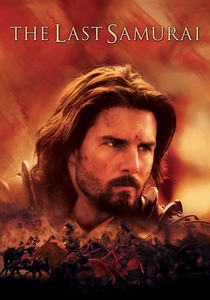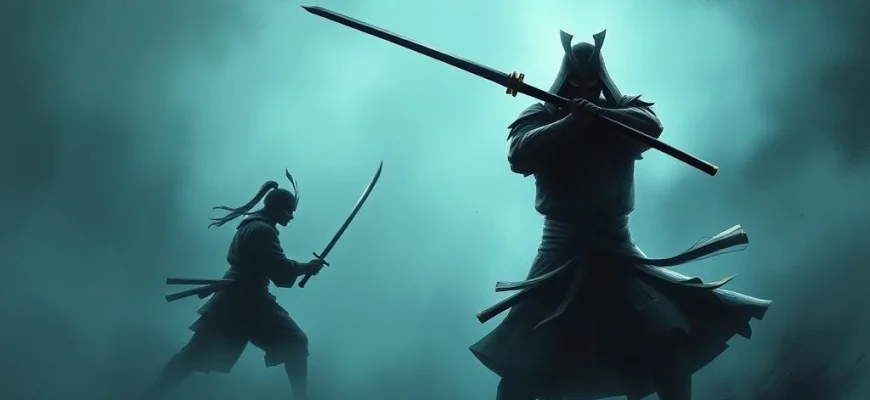If you loved the cunning ronin in Yojimbo (1961), you'll enjoy these 10 films and shows that capture its blend of action, wit, and moral ambiguity. From samurai epics to modern thrillers, this list offers gripping tales of lone warriors and strategic duels.

Rashomon (1950)
Description: Explores the subjectivity of truth and human nature through multiple conflicting accounts of the same event, set against a backdrop of feudal Japan.
Fact: The film introduced the 'Rashomon effect' into popular culture, a term used to describe contradictory interpretations of the same event. It was the first Japanese film to gain significant international acclaim.
 Watch Now
Watch Now 
Seven Samurai (1954)
Description: A group of disparate warriors come together to protect a village, highlighting themes of sacrifice, leadership, and the clash between social classes.
Fact: The film's runtime was originally over three hours, making it one of the longest mainstream films of its time. It inspired numerous remakes and homages, including 'The Magnificent Seven'.
 Watch Now
Watch Now 
Throne of Blood (1957)
Description: A dark, atmospheric adaptation of Shakespeare's 'Macbeth', focusing on ambition, betrayal, and supernatural elements within a samurai context.
Fact: The film's climactic arrow scene was achieved using real arrows shot by expert archers at the actor. It is renowned for its stark, almost theatrical visual style.
 Watch Now
Watch Now 
The Hidden Fortress (1958)
Description: A tale of adventure and survival featuring a princess, a general, and two bumbling peasants, blending action with humor and humanism.
Fact: George Lucas cited this film as a major influence for 'Star Wars', particularly in its use of lowly characters as the audience's entry point into the story.
 Watch Now
Watch Now 
Harakiri (1962)
Description: A poignant critique of the samurai code and feudal hypocrisy, told through a series of flashbacks that reveal a tragic and vengeful narrative.
Fact: The film's meticulous pacing and structure build towards a devastating climax. It is often regarded as one of the greatest samurai films ever made.
 Watch Now
Watch Now 
Sanjuro (1962)
Description: A masterless samurai navigates a complex web of deception and loyalty, showcasing themes of honor, strategy, and the fluidity of morality in feudal Japan.
Fact: The film was a sequel to 'Yojimbo' and features the same ronin character, though the stories are independent. It is known for its minimalist yet impactful swordplay scenes.
 Watch Now
Watch Now 
The Last Samurai (2003)
Description: A Western soldier becomes immersed in the samurai culture during Japan's transition to modernity, grappling with themes of identity and cultural clash.
Fact: The film's battle scenes were choreographed by the same team that worked on 'Gladiator'. It was partially filmed in New Zealand, standing in for 19th-century Japan.
 Watch Now
Watch Now 
Zatoichi (2003)
Description: A blind masseur and swordsman dispenses justice in a corrupt world, blending action with a deep sense of humanity and moral ambiguity.
Fact: The film features a unique tap-dancing finale, a surprising and memorable conclusion to the violent narrative. It is part of a long-running series about the Zatoichi character.
 Watch Now
Watch Now 
13 Assassins (2010)
Description: A group of samurai band together to assassinate a sadistic lord, emphasizing themes of duty, honor, and the cost of violence.
Fact: The film features a 45-minute long battle sequence, one of the most extended and intense in samurai cinema. It is a remake of a 1963 film of the same name.
 Watch Now
Watch Now 
Hara-Kiri: Death of a Samurai (2011)
Description: A tragic story of a ronin seeking revenge for his son's forced suicide, exploring the brutality and emptiness of samurai rituals.
Fact: This was the first 3D film to premiere at the Cannes Film Festival. It is a remake of the 1962 classic 'Harakiri'.
 Watch Now
Watch Now 








